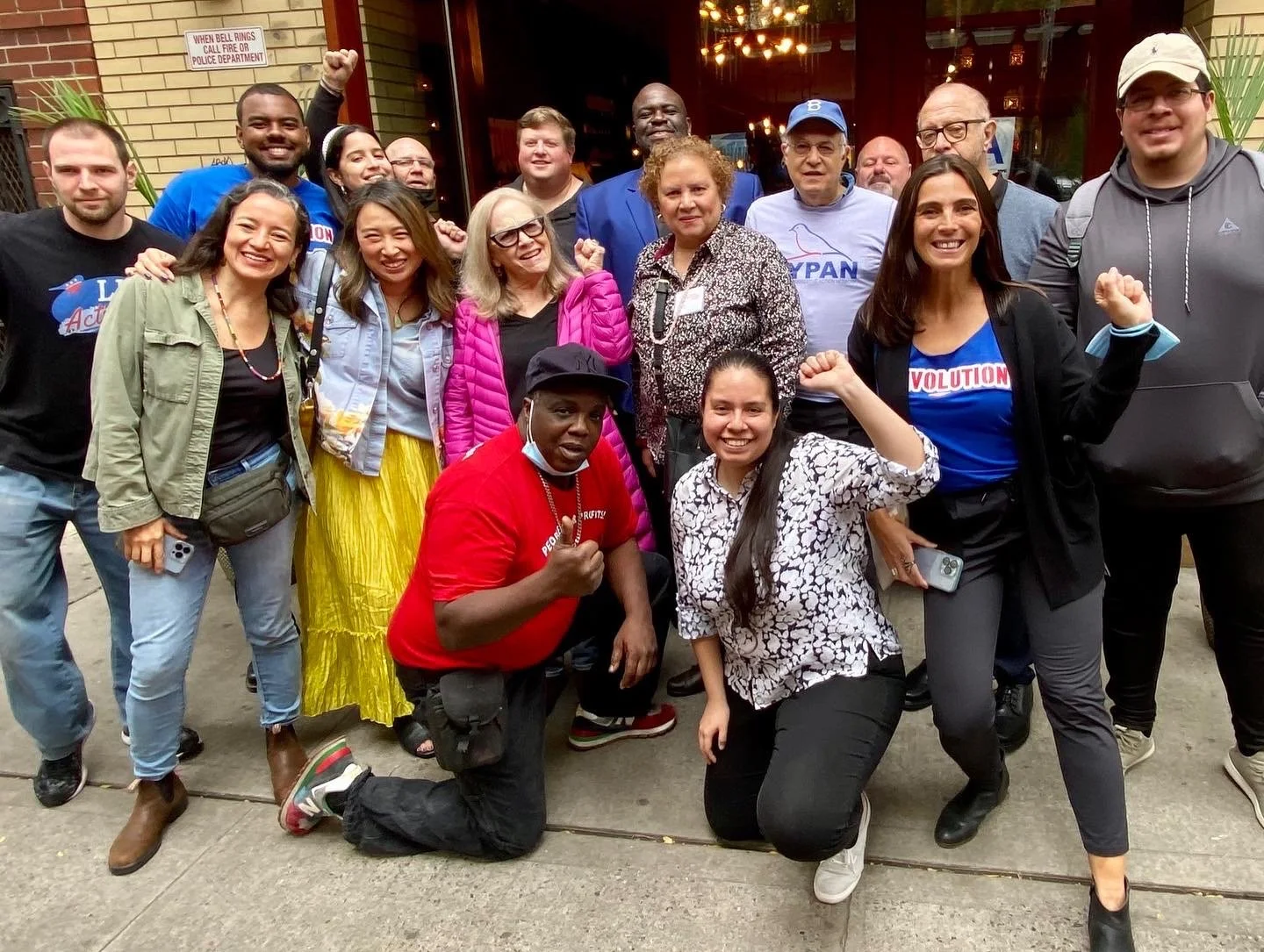Join our Movement for People over Profits!
Founded in 2016 to support Bernie Sanders NYPAN is a statewide progressive organization uniting New Yorkers to win election reforms, advance healthcare for all, and fight for justice. Join us!
Together we are fighting for a progressive future every New Yorker deserves.
Join one of our issue committees to get involved!
join us as we fight for a progressive New York!


